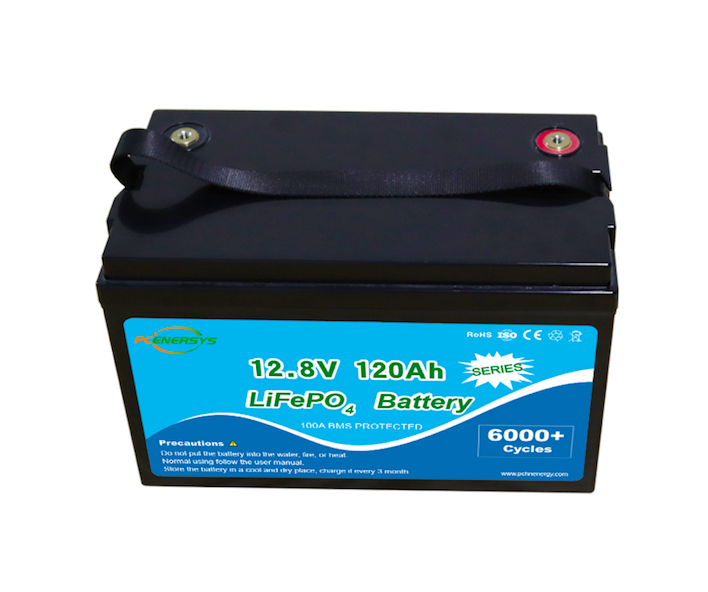Lithium iron phosphate batteries are a relatively new type of battery that offers many advantages over traditional lithium-ion batteries but also disadvantages. The technology behind these batteries is pretty straightforward: they combine lithium, iron, and oxygen in an electrolyte solution and are contained within a container made from a solid polymer electrolyte.
What is a lithium iron phosphate battery?
Lithium iron phosphate batteries are a type of lithium-ion battery. Lithium-ion batteries are rechargeable and can be used in many applications, including mobile devices like smartphones and laptops. They’re also commonly used for electric vehicles like cars or bicycles. The main difference between lithium iron phosphate and other lithium-ion batteries is that they have a longer lifespan than different varieties due to their durability. You won’t need to replace your device’s battery every few months like you would with different types of rechargeable cells!

The benefits of lithium iron phosphate batteries
Lithium iron phosphate batteries are considered safer than traditional lithium-ion batteries due to their stable chemistry and lack of a flammable liquid electrolyte. They are less likely to overheat, catch fire, or explode. In addition to their safety benefits, lithium iron phosphate batteries have a longer lifespan than traditional lithium-ion batteries. This is because they can withstand more charge and discharge cycles, which allows them to last up to three times longer. As a result, they are more economical over time since they do not need to be replaced as frequently.
Furthermore, lithium iron phosphate batteries are more sustainable and eco-friendly than rechargeable cells. They do not contain any hazardous materials during manufacturing, which makes them less of an environmental risk and safer to dispose of when they reach the end of their useful life. This makes them an excellent choice for those who value sustainability and wish to minimize their environmental impact.
Applications for lithium iron phosphate batteries
LFP batteries, known for their high energy density, long cycle life, and excellent safety features, find applications in various fields.
They are used in electric vehicles, power tools, and military applications, including uncrewed aerial vehicles and night vision goggles. In addition, they are used in medical devices such as pacemakers because they can withstand high temperatures without them. “Compared to other types of batteries, medical devices such as pacemakers use lithium batteries because they can withstand high temperatures without rapid degradation, have a long lifespan, and are lightweight.” temporary degradation, long lifespan, and lightweight nature compared to different types of batteries.
Moreover, LFP batteries are utilized in hybrid electric vehicles due to their lack of requirement for cooling systems. Unlike other lithium-ion batteries, which result in less weight! Furthermore, stationary energy storage systems for homes, businesses, and utilities use LFP batteries to store renewable energy from solar and wind sources.

It provides many advantages of traditional lithium-ion batteries
LiFePO4 batteries represent an alternative to conventional lithium-ion batteries that offer many benefits while avoiding some of their drawbacks.
Traditional lithium-ion batteries are superior to rechargeable batteries such as NiMH or lead-acid in terms of efficiency and energy density. They are also lightweight and have numerous applications, from laptops to electric cars. However, they have several drawbacks. Lithium-ion cells can catch fire if they overheat or sustain damage. Wear is faster than competitive technology due to the flammable liquid electrolyte in each battery. It requires special treatment during the manufacturing process. These problems have prompted researchers to seek alternatives, thereby promoting the development of lithium iron phosphate technology!










